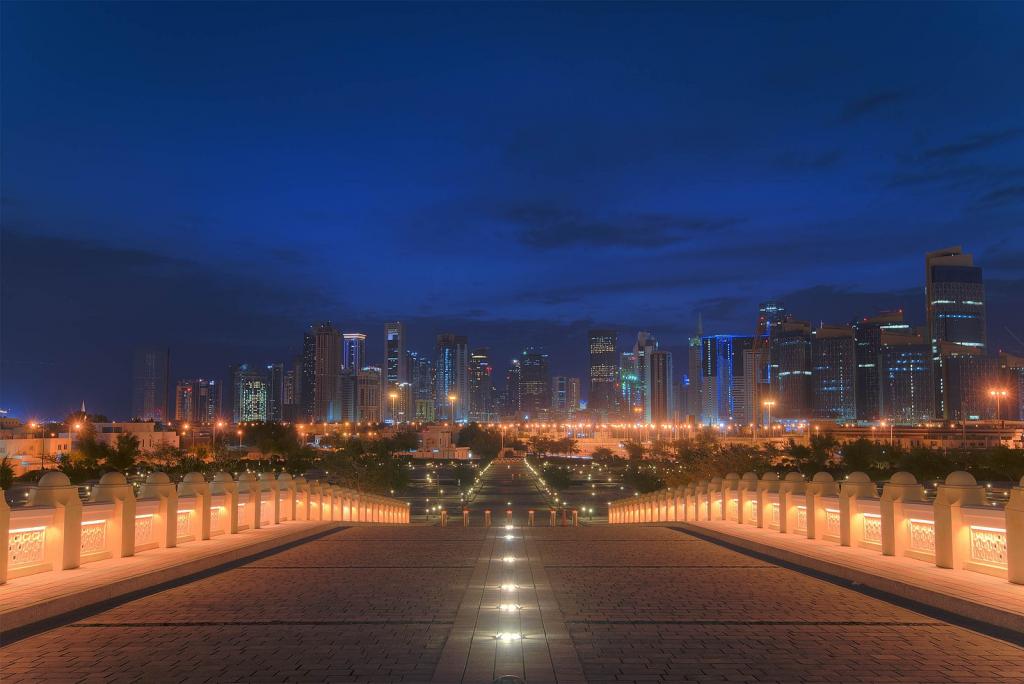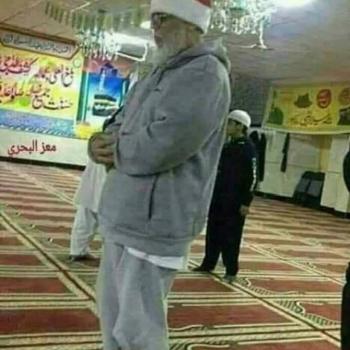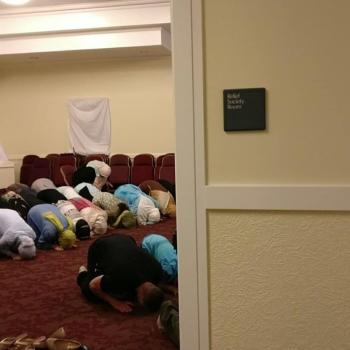
(Wikimedia Commons public domain photograph)
My latest column for the Deseret News has appeared:
“Finding the roots of religion in Saudi Arabia”
***
Continuing with the theme that I opened up yesterday (“Islam and the West[s]”), I share yet another passage from Olivier Roy, Secularism Confronts Islam, translated by George Holoch (New York City: Columbia University Press 2007) that I marked for my notes:
In other words, when we question Islam’s capacity to become “Westernized,” we are referring to two different forms of Westernization: Christianization and secularization. Of course, things are more complex, and it would be easy to show that Western secularism actually has a Christian origin — as I do in this book. But it is interesting to see that the critique of Islam is today a rallying point for two intellectual families that have been opposed to each other so far: those who think that the West is first and foremost Christian (and who, not that long ago, considered that the Jews could hardly be assimilated) and those who think that the West is primarily secular and democratic. In other words, the Christian Right and the secular Left are today united in their criticism of Islam.
But if Christianity has been able to recast itself as one religion among others in a secular space why would this be impossible for Islam? Two arguments are usually summoned to make this case: the first is theological and says that the separation between religion and politics is foreign to Islam; the second is cultural and posits that Islam is more than a religion: it is a culture. . . . But this theoretical debate, which thrives on op-ed pieces and talk shows, is increasingly solved in the practice of Muslims themselves. The experience of everyday life as a minority brings Muslims to develop practices, compromises, and considerations meant to cope with a secularism that imposes itself on them. . . .
Unfortunately, the paradigms and models mobilized in the Western debate over Islam hardly reflect the real practices of Muslims. While the political debate over the potential danger allegedly represented by Muslims is more or less inspired by the intellectual debate about the “clash of civilizations,” the help of sociology (that is, the concrete analysis of Muslim practices) is hardly sought — even though sociology is at pains to grasp the concrete forms of religiosity that characterize the practice of Islam within immigrant communities. . . . Muslims tend to find themselves in a position that is closer to that of the born-again Christians or the Haredi Jews than to the position of a stranger. (viii-x)












